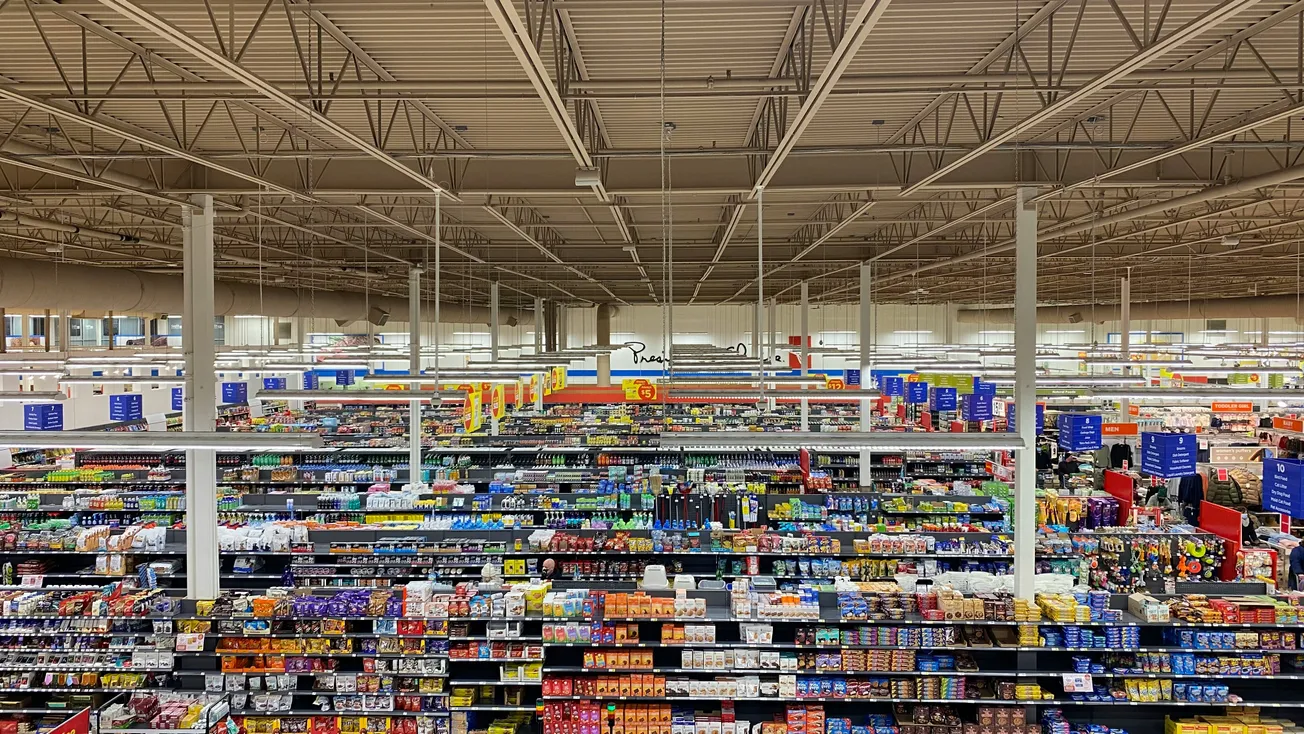The shifting landscape of tariff and trade policies has dramatically transformed the retail sector, pushing companies to rethink their fundamental strategies.
This episode dives deep into how major retailers are responding to these pressures—from Walmart's forthright acknowledgment of price increases to Home Depot's ambitious supply chain diversification efforts and Target's strategic reduction of Chinese imports from 30% to 25% by year-end.
We explore the critical adaptation strategies that separate struggling retailers from those successfully navigating these turbulent waters. Transparency emerges as a cornerstone approach, with retailers finding success through honest communication with both customers and investors about tariff impacts.
Some innovative companies have even launched "beat-the-tariff" promotions, creating urgency while building customer goodwill. Exceptional customer service becomes more vital than ever, with properly trained staff capable of addressing tariff-related concerns providing significant competitive advantage.
Looking beyond immediate responses, we examine long-term strategic shifts like supply chain diversification—a critical lesson from pandemic disruptions that many businesses still haven't implemented.
We also analyze the importance of targeted pricing strategies based on product elasticity rather than blanket increases, and how technology adoption, particularly AI-driven forecasting tools, offers retailers unprecedented advantages in this complex environment.
By understanding these adaptation strategies and studying competitor responses, retailers can not only weather the tariff storm but potentially emerge stronger and more resilient than before.
How is your business responding to these trade policy shifts? The strategies you implement today could determine your competitive position for years to come.










